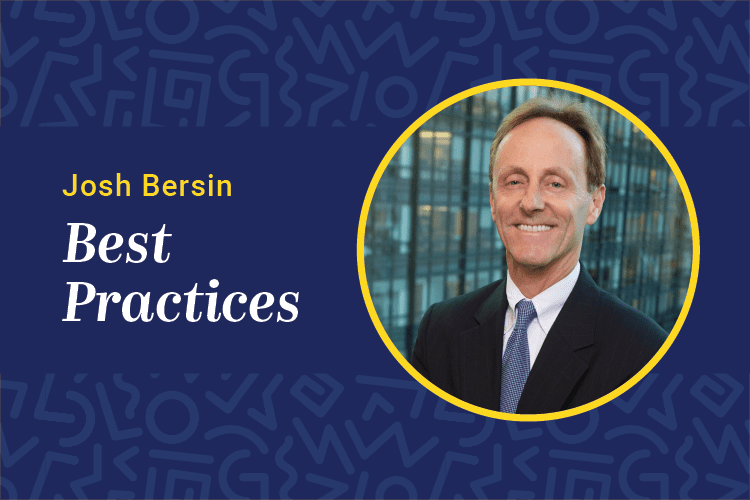There’s a stampede coming — today’s LMS vendors can’t move fast enough into talent management.
For those of us who follow technology, this rush into a small, largely undeveloped market represents a deviation from the typical technology maturity curve. For LMS buyers, this new emphasis on talent management can make LMS-purchasing decisions even more arduous and the implementations more complex. It also brings into question support and product focus issues.
The LMS market is very healthy. Research shows a 22 percent increase in revenues in 2006, with sustained growth expected for 2007. Most major LMS vendors are now profitable, and no single vendor yet has a dominant market share.
Corporate learning still offers many new areas for differentiation and further investment: content management, better assessment tools, integrated collaboration and Web 2.0 features, just to name a few. Yet, despite these significant market opportunities, most major LMS vendors have launched modules for performance management during the last year. And most have plans for succession planning, workforce management, recruiting and other talent management modules.
Interestingly, the demand for integrated talent management suites is actually low. A 2007 survey of about 700 HR and learning executives showed fewer than 10 percent of respondents had an integrated talent management suite, and only 11 percent were planning such a purchase. The biggest majority, 44 percent, had no interest and/or plans for purchase.
On the other hand, interest in purchasing these systems remains high. The same survey showed about 17 percent of respondents are evaluating them, and 20 percent are interested in purchasing an LMS.
Because vendors are actually ahead of demand for talent management while the LMS market is still growing, both buyers and vendors now find themselves in a somewhat tricky spot: How much does a vendor invest in new talent management functionality and in enhancing and supporting existing LMS offerings? And how much consideration should a buyer place on talent management when purchasing an LMS?
Vendors should cultivate core technology strengths and develop talent management offerings that match customers’ needs. Not all vendors, though, will have enough resources to develop fully functional offerings that span both learning and all aspects of talent management.
Because a robust LMS platform is at the core of most LMS vendors’ solutions, it’s imperative LMS offerings are not compromised by investments in new products.
Buyers first should focus on immediate requirements for learning, then examine the vendor’s capabilities for performance management. After that, they should consider the vendor’s long-term vision for other applications such as succession and workforce planning.
Many vendors have exhibited true innovation with offerings available now, and they have plans for more functionality and stronger integration in the pipeline. But you must make sure today’s decision is an excellent fit for your needs. Keep in mind:
As with all stampedes, this one will be exciting to watch. When making a decision, choose your horse carefully. You’ll stay out of the dust as long as you don’t become overly enamored by vision and stick to addressing the critical learning and performance needs at hand.
Josh Bersin is the principal and founder of Bersin & Associates, and he has more than 25 years of experience in corporate solutions,training and e-learning. He can be reached at editor@clomedia.com.











